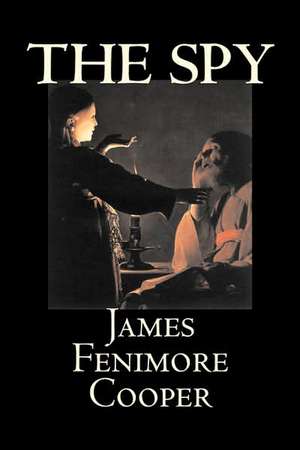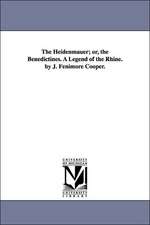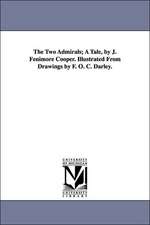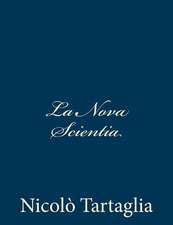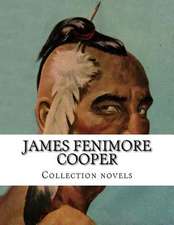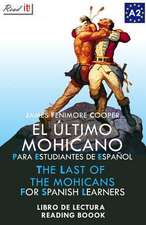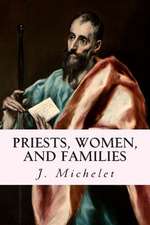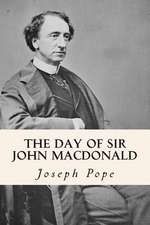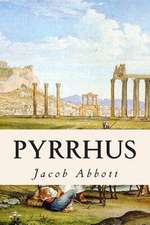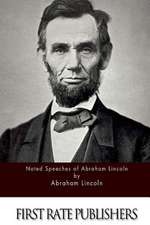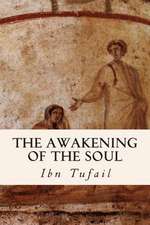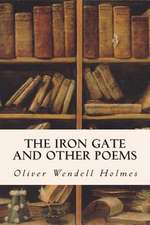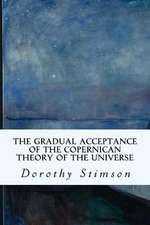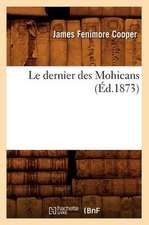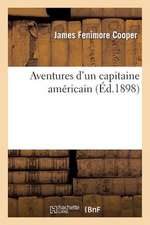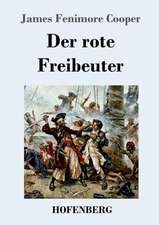The Spy
Autor James Fenimore Cooper Editat de Nathaniel Waring Barnesen Limba Engleză Hardback – 28 feb 2007
Preț: 250.81 lei
Nou
Puncte Express: 376
Preț estimativ în valută:
47.100€ • 50.05$ • 39.89£
47.100€ • 50.05$ • 39.89£
Carte tipărită la comandă
Livrare economică 21 martie-04 aprilie
Preluare comenzi: 021 569.72.76
Specificații
ISBN-13: 9781603128438
ISBN-10: 1603128433
Pagini: 348
Dimensiuni: 152 x 229 x 24 mm
Greutate: 0.65 kg
Editura: Aegypan Press
Locul publicării:United States
ISBN-10: 1603128433
Pagini: 348
Dimensiuni: 152 x 229 x 24 mm
Greutate: 0.65 kg
Editura: Aegypan Press
Locul publicării:United States
Notă biografică
James Fenimore Cooper (1789 - 1851) was a prolific and popular American writer of the early 19th century. His historical romances of frontier and Indian life in the early American days created a unique form of American literature. He lived most of his life in Cooperstown, New York, which was founded by his father William on property that he owned. Cooper was a lifelong member of the Episcopal Church and, in his later years, contributed generously to it. Before embarking on his career as a writer, he served in the U.S. Navy as a midshipman, which greatly influenced many of his novels and other writings. The novel that launched his career was The Spy, a tale about counterespionage set during the Revolutionary War and published in 1821. He also wrote numerous sea stories and his best-known works are five historical novels of the frontier period known as the Leatherstocking Tales. Among naval historians, Cooper's works on the early U.S. Navy have been well received, but they were sometimes criticized by his contemporaries. Among his most famous works is the Romantic novel The Last of the Mohicans, often regarded as his masterpiece.
Textul de pe ultima copertă
Inspired by accusations of venality leveled at the men who captured Major Andre (Benedict Arnold's co-conspirator, executed for espionage in 1780), Cooper's novel centers on Harry Birch, a common man wrongly suspected by well-born Patriots of being a spy for the British. Even George Washington, who supports Birch, misreads the man, and when Washington offers him payment for information vital to the Patriot's cause, Birch scorns the money and asserts that his action were motivated not by financial reward, but by his devotion to the fight for independence. A historical adventure tale reminiscent of Sir Walter Scott's Waverley novels, The Spy is also a parable of the American experience, a reminder that the nation's survival, like its Revolution, depends on judging people by their actions, not their class or reputations.
Descriere
Descriere de la o altă ediție sau format:
Written in 1821, "The Spy" was intended to preserve both the memory and the meaning of the American Revolution. Inspired by accusations of venality leveled at the men who captured Major Andre (Benedict Arnold's co-conspirator who was executed for espionage in 1780), the novel centers on Harry Birch, a common man wrongly suspected by the Patriots of being a spy for the British.
Written in 1821, "The Spy" was intended to preserve both the memory and the meaning of the American Revolution. Inspired by accusations of venality leveled at the men who captured Major Andre (Benedict Arnold's co-conspirator who was executed for espionage in 1780), the novel centers on Harry Birch, a common man wrongly suspected by the Patriots of being a spy for the British.
